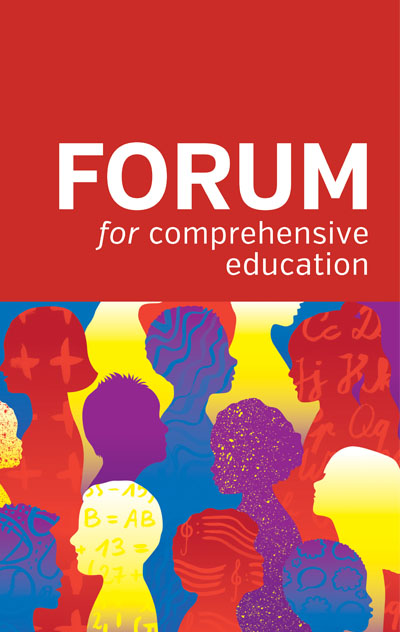
Against Private Schools: culture, power and myths of equality
FORUM - Print ISSN 1474-7685 - Online ISSN 2047-7171
Volume 61 Number 3 (2019)
Against Private Schools: culture, power and myths of equality
JANE MARTIN pages 349‑364
DOI: 10.15730/forum.2019.61.3.349
Abstract
England's premier league of public schools, educating less than three thousand boys, started life in medieval times as charity schools for the poor. Closely tied to the Church, they found favour as institutions of social mobility. By the turn of the eighteenth century, vandalism and violence were endemic in many; misrule and abuses so common that they provoked one of the leading radicals in Parliament to demand that a proportion of their charitable income be invested in teacher education in a new public education in a new public school. Instead, former public schoolboys in the corridors of power helped ensure their survival and prosperity in the late-Victorian period and beyond. Towards the end of the 1945 Labour government, public intellectual and activist R.H. Tawney said the failure to abolish private schools would undermine the effectiveness of all the other social welfare reforms. This article takes up Tawney's challenge and provides a detailed exposition of the role and contribution of socialist activists and their forgotten radical perspective on the educational endowments they argued had been stolen from the poor.
To cite this article
JANE MARTIN (2019) Against Private Schools: culture, power and myths of equality, FORUM, 61(3), 349-364 . https://doi.org/10.15730/forum.2019.61.3.349
